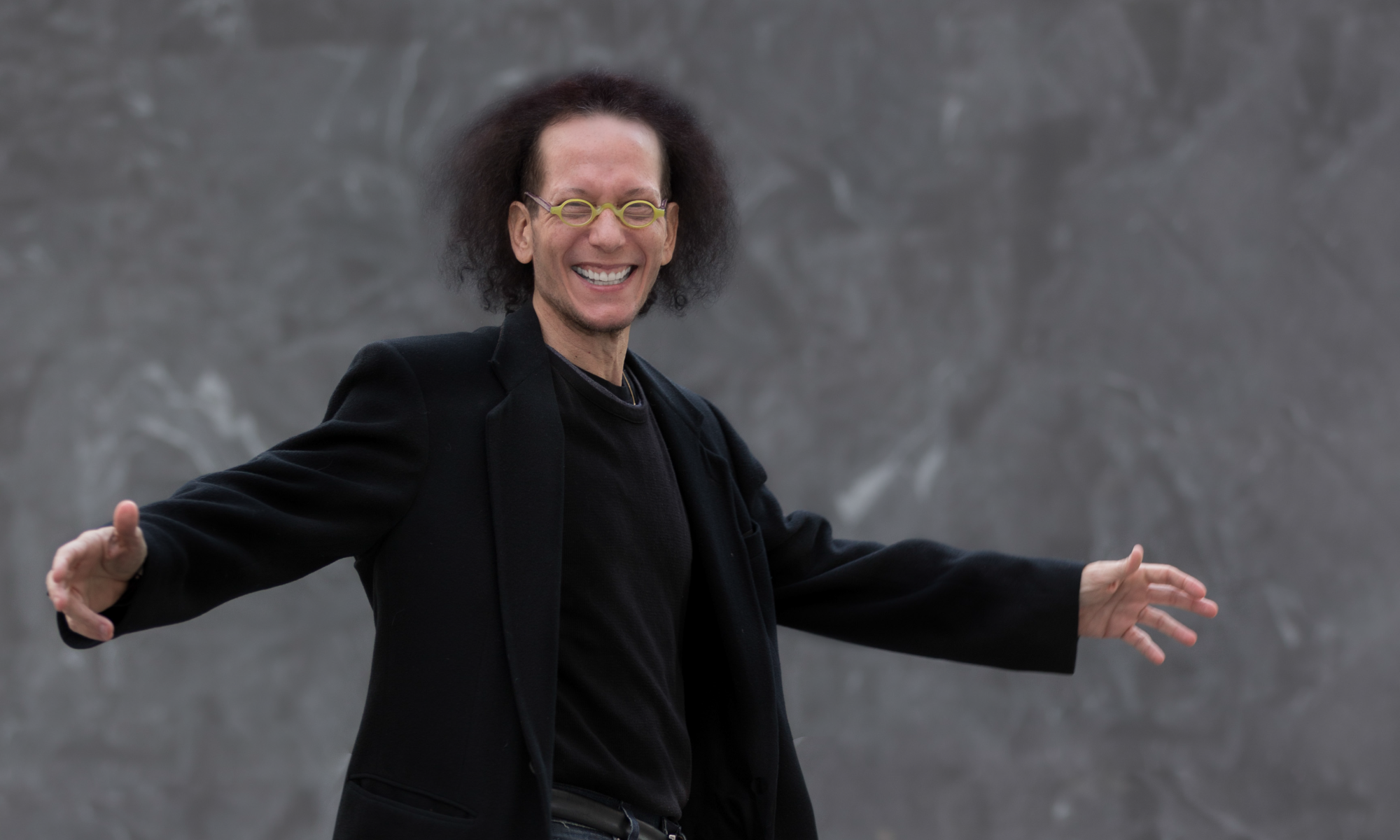Note to editor: The pianist variously lists himself with and without a hyphenated last name. I tossed a coin.

BEETHOVEN Piano Sonatas: No. 8, “Pathetique”; No. 14, “Moonlight”; No. 23, “Appassionata”; No. 26, “Les Adieux,” mvts. 2 & 3 Roberto McCausland-Dieppa (pn) SCRUFFY RECORDS 888174582757 (68:09)
The catalog isn’t exactly bereft of Beethoven recitals combining the “Moonlight,” “Pathetique,” and “Appassionata” sonatas, but none of them comes festooned with such an exotic pedigree. Where was Serkin when the intoxicating music of Colombia’s Caribbean coast beckoned? When a CD titled “Beethoven for Kids” was in the studio, Michelangeli was nowhere to be found. And if Arrau was sent a pair of glow-in-the-dark yellow spectacles to sport, he quickly sent them back. Roberto McCausland-Dieppa filled the bill, and as I followed his tracks from a Christian college in Georgia (graduated 1981) to a post at the School of Fine Arts in Cleveland (where he promoted music education for children), and a far-flung recital schedule (justifying the claim that he is the first native-born Colombian pianist to achieve an international career), I found myself agreeing with what McCausland-Dieppa told some kids about Beethoven: “He was quite a character.”
Everyone knows the danger facing a jack-of-all-trades, but Dieppa, if I can use the shorter form of his name, can assuredly play Beethoven—and Liszt, which was his specialization while earning a Ph.D. in music performance. These readings are more than adept and far from academic. He has the technique to convey what he feels about each sonata, with a gratifying lack of officialdom. On YouTube you can find a handful of videos where Dieppa performs his own “Caribe classical” compositions, and the bright, forward rhythms that inform those pieces are echoed in his security with the sharp turns in the first movement of the “Appassionata” or the slowly rippling left-hand accompaniment in the “Moonlight’s” opening movement. There’s an appealing freshness to Dieppa’s playing that doesn’t, however, step out of bounds and start to swing. I wonder if he was tempted.
The Andante and finale of the “Les Adieux” Sonata are offered as so-called “encores.” They are sensitively done, especially the Andante—all the slow music on the program is executed with tenderness. Why the entire piece wasn’t presented is a bit of a mystery. The CD is subtitled “Three Great Sonatas One Encore,” yet in 2002 Dieppa released an album of “Four Great Sonatas” that is identical to this one, but with the entire “Les Adieux” included (not to mention that two movements constitute two encores, not one). I assume but cannot verify that this is a reissue of the earlier CD.
The piano is closely miked and sounds a bit bright on my audio system, although that’s not a serious drawback. There are no notes in the slim-line cardboard packaging, only puffy praise of the pianist. With his yellow spectacles and excitable hair, Dieppa looks the part of a fantastic character not far removed from Willie Wonka, perhaps. But this is a serious, enjoyable Beethoven recital.




You must be logged in to post a comment.